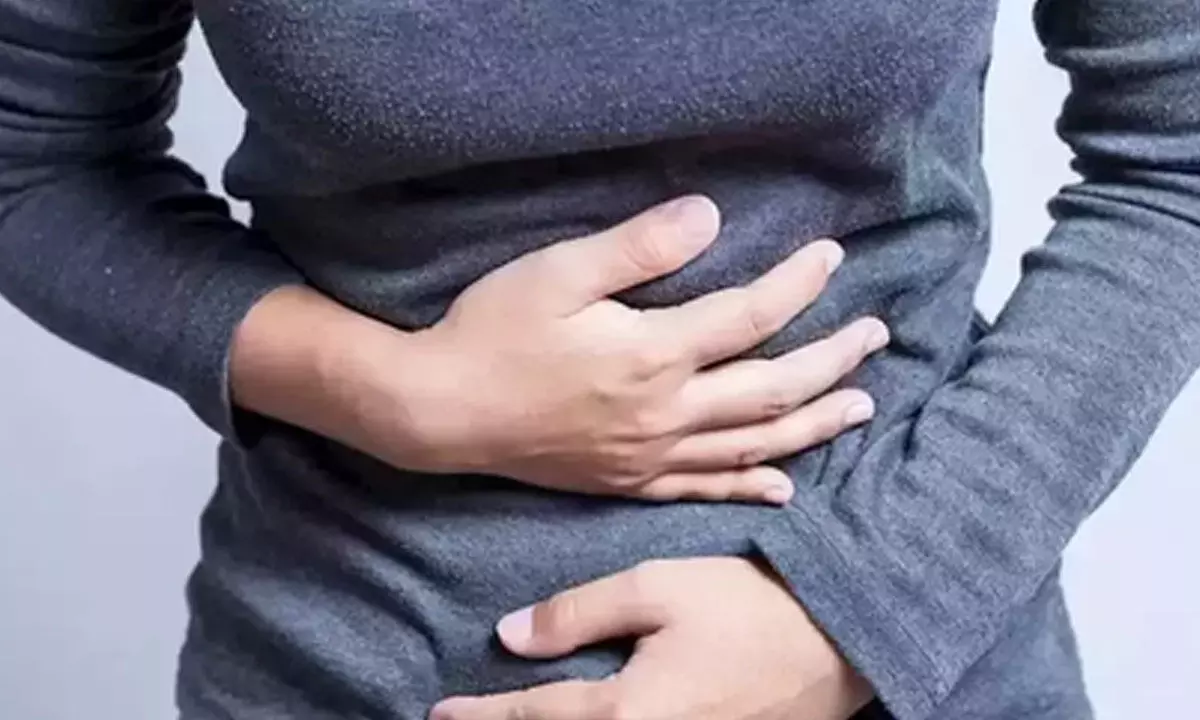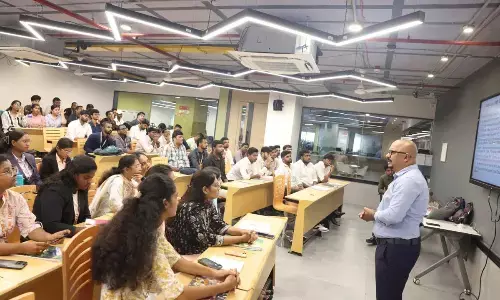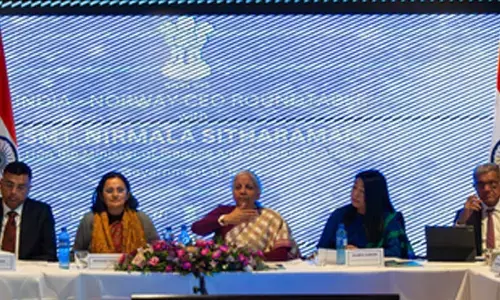This approach shows significant potential for treating a common form of IBS
Share :

Researchers have found a new approach which holds great promise to treat a common form of Irritable Bowel Syndrome (IBS).
New Delhi: Researchers have found a new approach which holds great promise to treat a common form of Irritable Bowel Syndrome (IBS).
This approach which includes personalised 'cocktails' of antibiotics, probiotics and prebiotics was found to improve symptoms in almost all patients who were included in the study published in the journal European Society Of Clinical Microbiology And Infectious Diseases.
As per lead researcher Professor Maurizio Sanguinetti, "The research shows that about 10-30 per cent of individuals who experience acute gastroenteritis develop Post-infection IBS. Symptoms like diarrhoea, constipation, bloating and abdominal pain can last for months or even years after the initial infection."
Post-infection IBS (PI-IBS) is a form of irritable bowel syndrome that occurs after gastroenteritis or food poisoning.
To investigate the potential of this approach, the researchers performed a study on 13 PI-IBS patients (8 males and 5 females; mean age, 31 years) who were treated with targeted gut-microbiota therapy.
Nine patients (69.2 per cent) had diarrhoea-dominant IBS (IBS-D), while four (30.8 per cent) had constipation-dominant IBS (IBS-C).
Bloating and stomach pain were reported in 69.2 per cent (9/13) and 76.9 per cent (10/13) of patients, respectively.
Based on their results, researchers then designed a personalised therapy for each patient with the goal of rebalancing their gut microbiota.
The therapies consisted of short courses of the antibiotics rifaximin (9/13, 69 per cent of patients) or paromomycin (4/13, 31 per cent) to reduce levels of potentially harmful bacteria, followed by prebiotics or postbiotics to improve the numbers of protective bacteria and contest with the harmful bacteria for space and resources.
Twelve weeks after starting treatment, 93 per cent of patients improved their symptoms, and 38.5 per cent attained overall remission, the study noted.
"A precision medicine approach, in which testing and careful analysis of the gut microbiota allows the development of personalised treatments holds great promise in the treatment of PI-IBS," Sanguinetti said.








